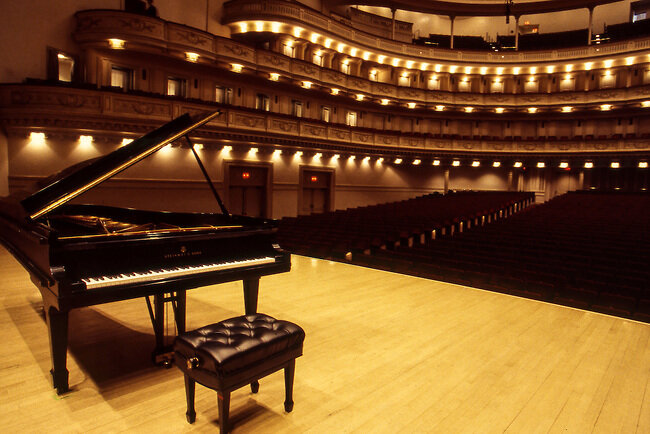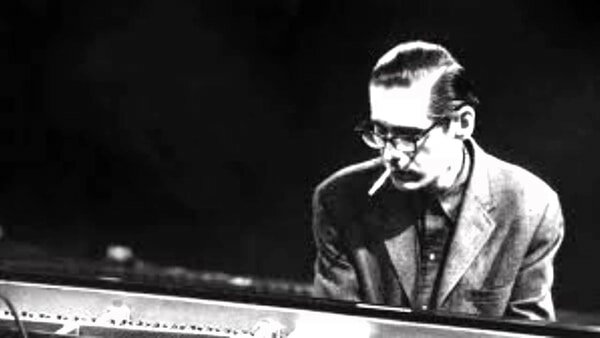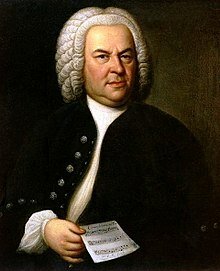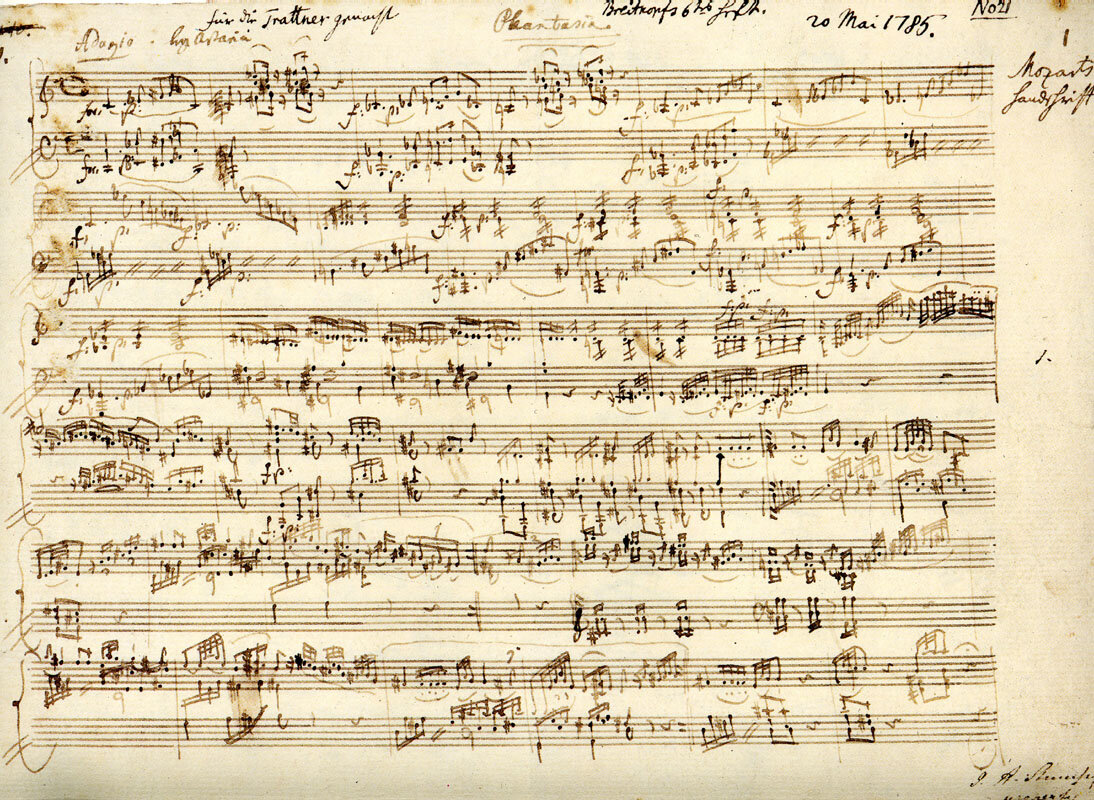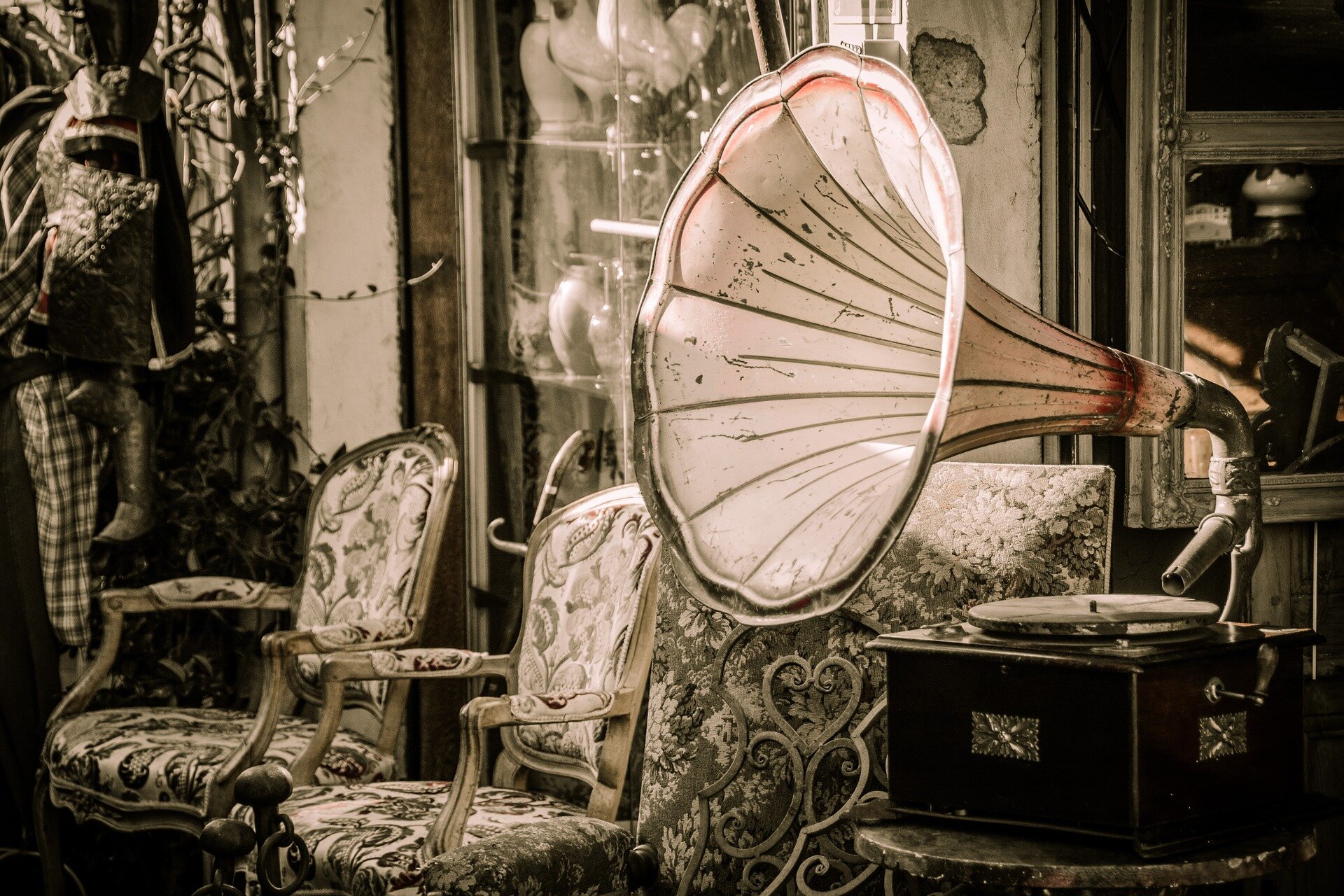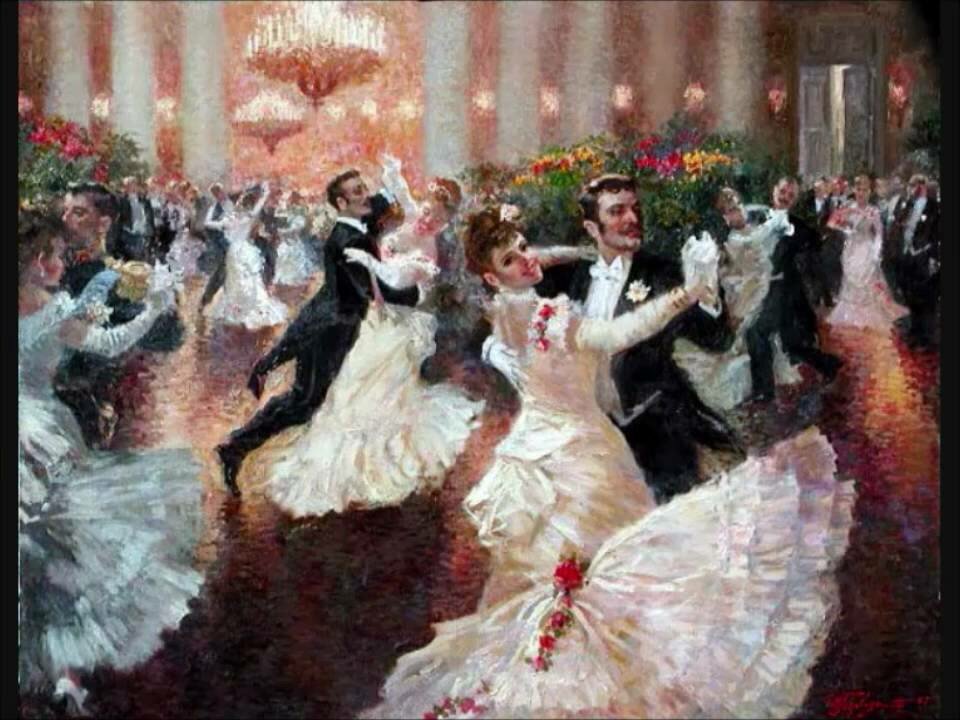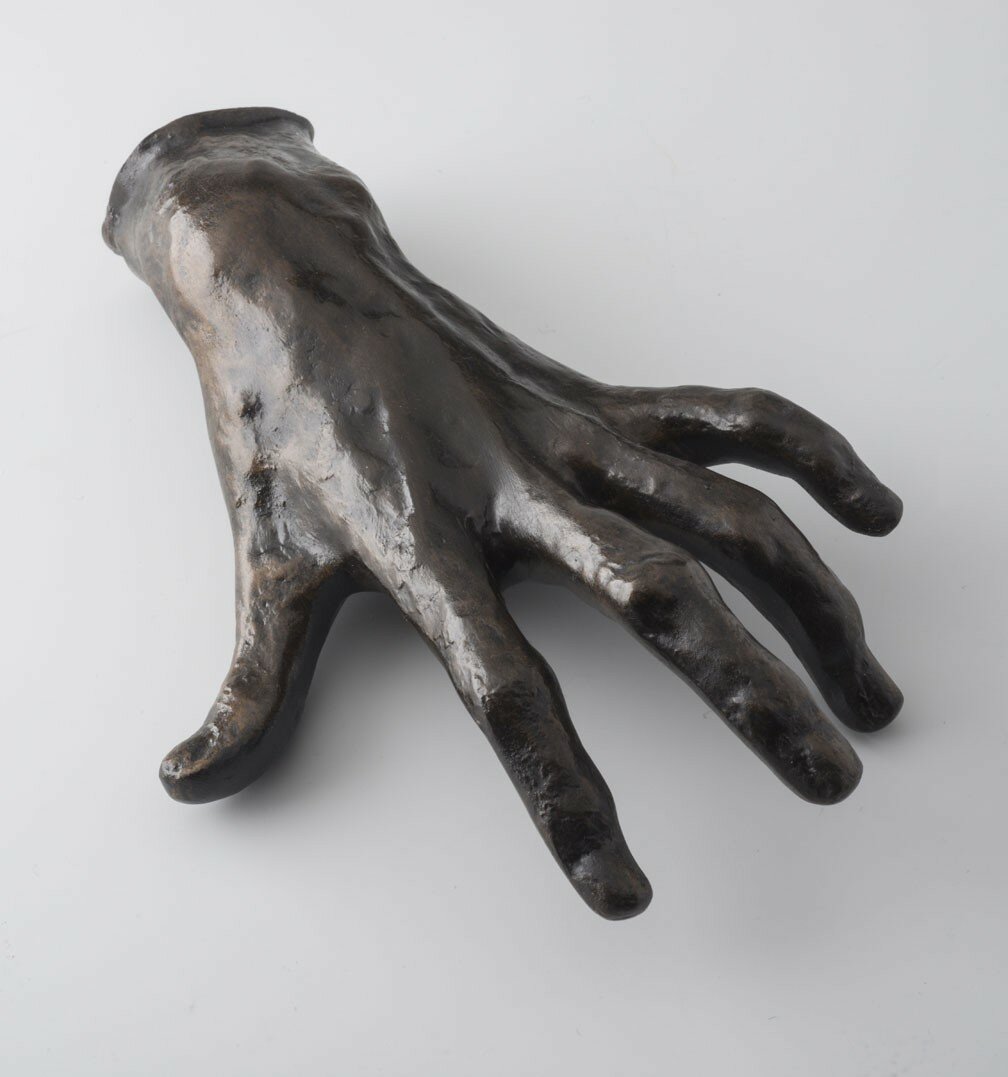If you have been playing and practicing music for most of your life, you probably see those who have made it in concert halls and onto the world stage as amazing beings that transcend most mortal humans. You may be
Articles
A peaceful ostinato figure, grounded and tranquil, opens the work. After a few bars, a serenely beautiful yet simple melody is heard in the treble which melts into a series of increasingly complex variations, the initial theme dissolving into trills
For over three centuries, Bach’s music has fascinated both musicians, composers and performers, and listeners. It seems like his music never ages and finds context in each century, generation after generation. Musicians from all genres—from classical to popular music—learn from
The music is behind those dots. You search for it…I play, so to speak, from the other side of the printed score, looking backVladimir Horowitz The notated musical score is a wonderful thing. Contained within it are myriad markings, signs,
I remember growing up listening to my grandmother’s gramophone. As a child, the sound always enthralled me, it still does.
What is Ravel’s La Valse about? Is it a portrait of the disintegration of decadent pre-First War Europe, the dying embers of the Belle Epoque? Or simply a rollicking dance, a sensuous hommage to the Viennese Waltz?
What does it mean to be “a pianist”? Pianists do not devote their lives to their instrument simply because they like music….there has to be a genuine love simply of the mechanics and difficulties of playing, a physical need for
Music has directed me since the age of five. As a composer, if I am not pulled towards music it always finds me. No matter what music I hear, I discover something in it that moves me or makes me

